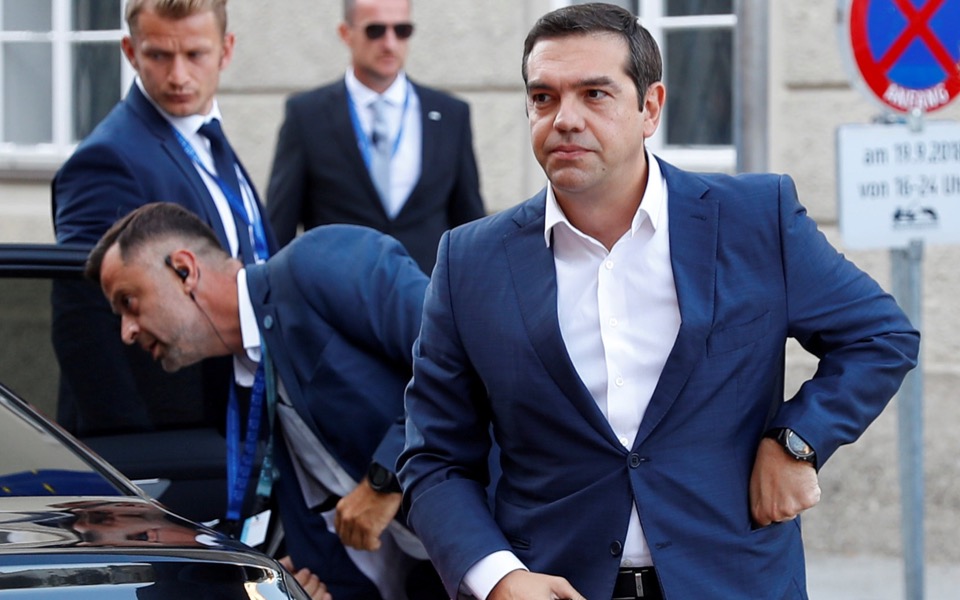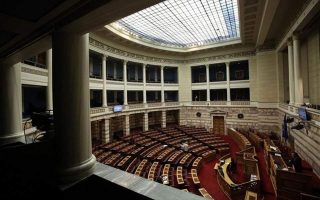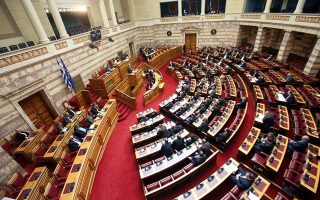Greek government shelves parallel program

The government was Thursday forced to withdraw its so-called parallel program, which is aimed at easing the burden of austerity on poorer Greeks, following objections by representatives of the country’s international creditors during a session of the Euro Working Group in Brussels.
Symbolically, at least, the development was a serious defeat for the leftist-led government, which has insisted that, despite its many concessions to creditors, a parallel program would bring some relief to those who most needed it.
However, Greece’s creditors did not appear to have been properly briefed on the program.
One EU official told Kathimerini that the creditors received the 100-page bill at the last minute. An initial assessment of the proposals revealed that many lack a corresponding calculation of their impact on the budget, one official said. There are also concerns about the program’s compatibility with the conditions of the country’s third bailout.
With the disbursement of a 1-billion-euro tranche of bailout funding at stake, Greek officials apparently decided the risk was too great to insist on pursuing the parallel program. The Greek delegation at the EWG informed officials in Athens, who met under Deputy Prime Minister Yiannis Dragasakis, as Prime Minister Alexis Tsipras was attending a migration summit in Brussels, and a decision was taken to freeze a discussion in Parliament on the bill. House Speaker Nikos Voutsis was briefed and, following a meeting with deputy speakers, a statement was issued postponing the debate.
Shortly afterward, sources indicated that creditors had approved the release of the 1-billion-euro loan tranche subject to certain conditions, including that the state transfer its stake in OTE telecom to Greece’s privatization fund. The European Stability Mechanism is expected to give the final green light for the disbursement on Monday.
In a statement issued by Tsipras’s office later in the day, the government sought to play down the day’s upheaval. It said the legislation for the parallel program had not been withdrawn, but “postponed,” and accused the opposition of assuming an irresponsible stance by boycotting a debate on the bill and complaining that the legislation was being rushed through Parliament. The opposition’s stance “created the wrong impressions, which threatened to obstruct the negotiations and the government’s efforts to tackle the humanitarian crisis,” the statement said.
The withdrawal of the parallel program, which government sources said would return to Parliament early next year, prompted fierce criticism from opposition parties.
Conservative New Democracy accused the government of “inconceivable amateurishness.” Centrist Potami struck a similar note, accusing the government of “incompetence and amateurishness” and saying it was “continuing its deception.”





